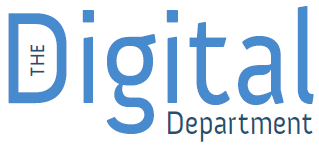Webinar: UCL working with the new change agents
By Clive Young, on 3 June 2014
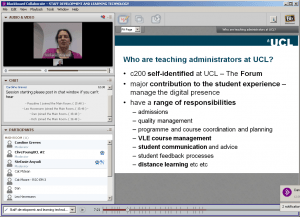 Clive Young (ELE) and Stefanie Anyadi (UCL Division of Psychology and Language Sciences) led an ALT webinar today on work UCL has been doing with our community of teaching administrators (TAs).
Clive Young (ELE) and Stefanie Anyadi (UCL Division of Psychology and Language Sciences) led an ALT webinar today on work UCL has been doing with our community of teaching administrators (TAs).
We described the now-completed JISC Digital Department project that supported these staff in developing their digital literacies and in working more systematically and strategically with them as change agents. This had led directly to the establishment of our supported programme leading to the Certified Membership of the Association for Learning Technology (CMALT). We also introduced the E-Learning Champions initiative and explained why we had included TAs to work in partnership with academics and ELE staff. Although very much a work in progress this has proved effective and has already helped benchmark e-learning activity, develop local plans across two of our schools and has led to the emergence of active faculty-level e-learning groups.
The slides and recording are available on the ALT Repository at http://repository.alt.ac.uk/2351/
 Close
Close


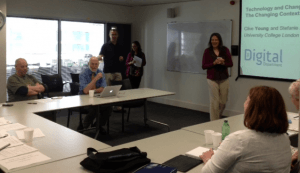
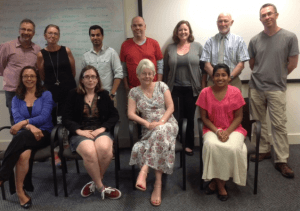




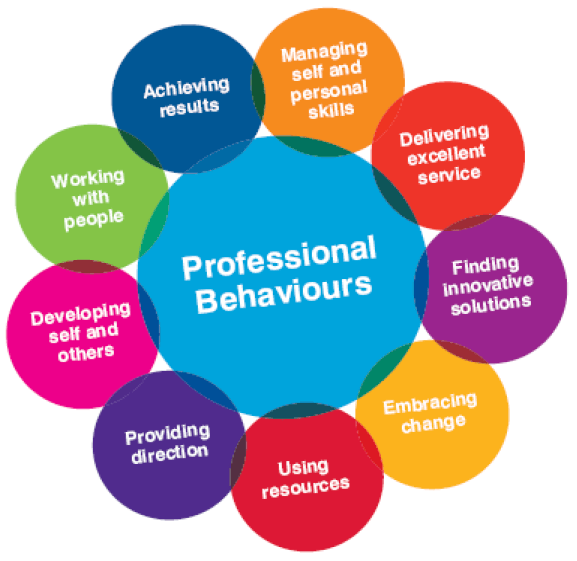
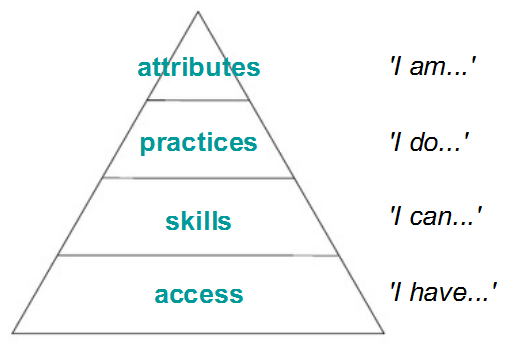
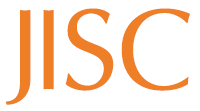 JISC
JISC 
